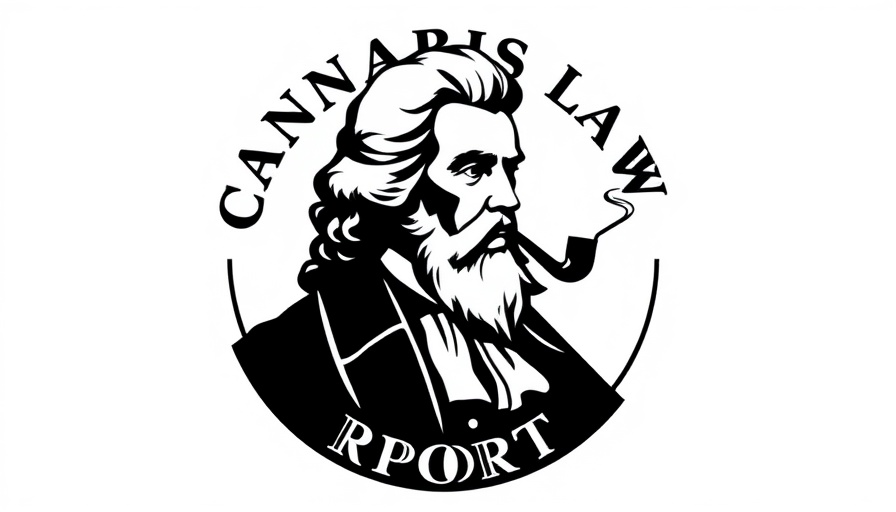
U.S. Takes Action Against Drug Trafficking in Sri Lanka
In a concerted effort to combat the increasing flow of illicit narcotics through Sri Lankan waters, the United States has funded a crucial five-day training program for Sri Lanka’s frontline Customs officials. This initiative has been launched amidst growing concerns over the country’s role as a transshipment hub for drug trafficking.
Why Sri Lanka Matters in the Global Drug Trade
Sri Lanka, strategically positioned along significant maritime routes in the Indian Ocean, faces challenges with its vast and inadequately monitored coastline. Drug syndicates from South Asia and West Asia leverage these geographic advantages to move substantial consignments of narcotics, notably heroin and various synthetic drugs, through this island nation.
Intensive Training for Frontline Officials
The recent training session, funded by the U.S. Department of State’s Bureau of International Narcotics and Law Enforcement Affairs (INL), was aimed at enhancing the skills of 16 Customs officers in vessel search techniques at ports, harbors, and anchorage areas. By imparting international best practices in vessel search and interdiction, officials hope to bolster Sri Lanka’s capacities to manage its coastline more effectively and deter criminal activities.
The Importance of Collaboration in Tackling Drug Trafficking
This training is part of a broader partnership between the U.S. and Sri Lanka, emphasizing cooperation in law enforcement through the UN Office for Drugs and Crime (UNODC). By working together, these nations aim to not only catch criminals but also ensure that successful prosecutions can take place, creating a ripple effect that enhances both regional and global safety.
Challenges Weighing on Sri Lanka’s Law Enforcement
Despite these efforts, Sri Lanka faces numerous challenges in effectively countering drug trafficking. Experts underscore the country’s lack of maritime surveillance, including inadequate radar coverage and limited offshore patrolling capabilities, which are critical to monitor and control illegal activities in its waters. Furthermore, entrenched corruption and inefficient intelligence sharing within law enforcement agencies hinder ongoing interdiction efforts.
A Call for Comprehensive Strategy and Investment
The absence of a cohesive maritime narcotics strategy exacerbates these issues, highlighting the need for significant investments in law enforcement and intelligence capabilities. Without these enhancements, experts warn that Sri Lanka may continue to be exploited as a critical link in the global narcotics supply chain.
Looking Ahead: The Future of Sri Lanka’s Maritime Security
As we look to the future, it is apparent that meaningful change will require not just training, but a united front involving multiple sectors and stakeholders. Collaboration between local agencies and international law enforcement is paramount to build an effective barrier against drug trafficking and protect communities across Sri Lanka.
Through initiatives like these, we can be hopeful for a safer and more secure future for Sri Lanka and the wider region. Everyone has a role to play in this fight against drug trafficking, and the commitment shown by both Sri Lankan and American authorities is a hopeful sign of progress.
 Add Row
Add Row  Add
Add 




Write A Comment